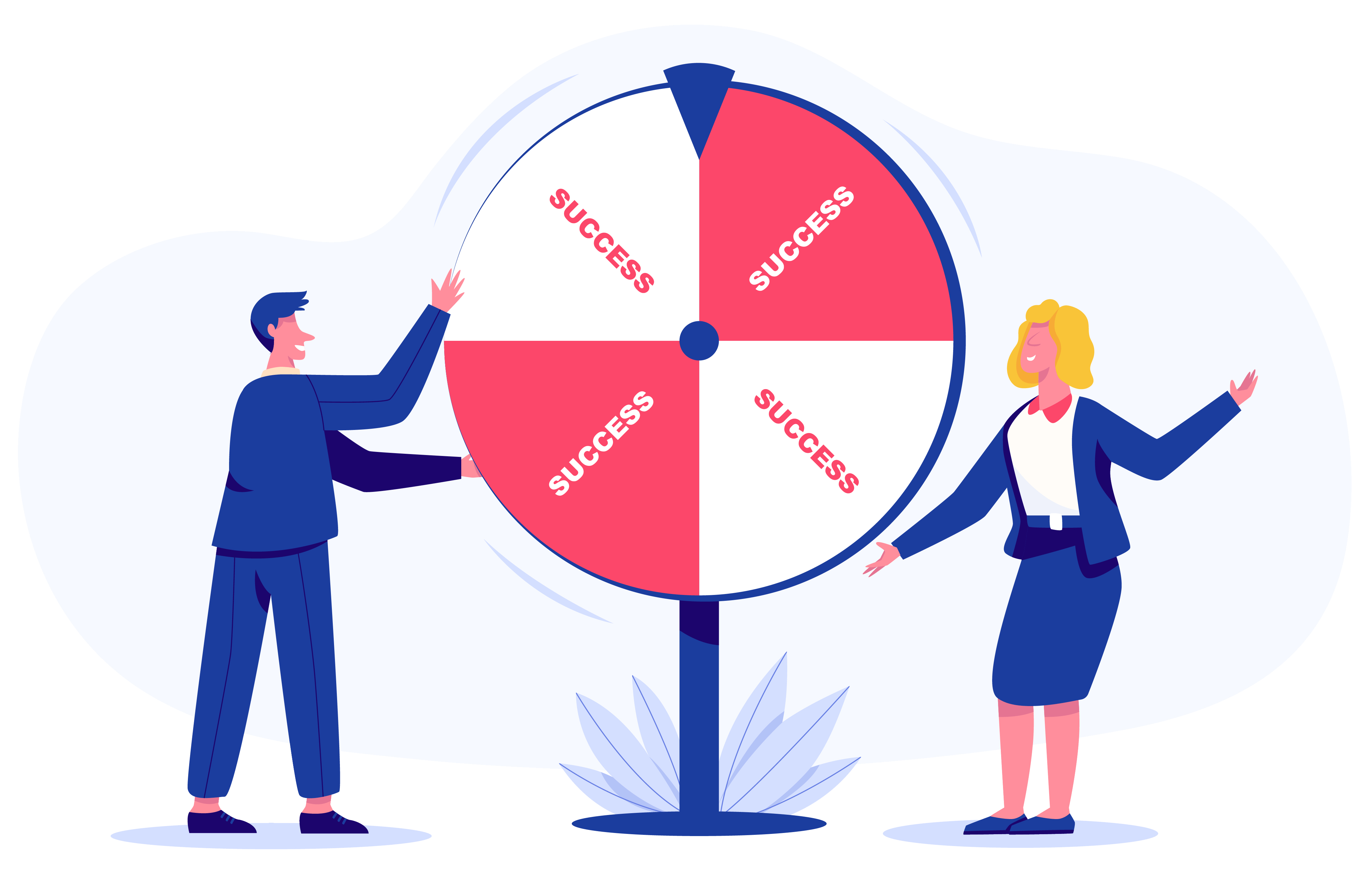Overview:
DEPARTMENT OF HUMANITIES & SOCIAL SCIENCES
The Department of Humanities and Social Sciences has been established as a separate department in the year 2021. The department has three faculty members; one of them holds the doctorate degree and one has BA degree with LLB (Spl.). The faculty members provide excellent teaching and learning opportunities to enhance learner’s Linguistic skills along with the knowledge of Indian constitution and professional ethics. The department contributes in the line of the vision of the Institute in striving for excellence in teaching and learning activities. All faculty members upgrade their knowledge through their participation in workshops, seminars, FDPs and conferences. The Department has a vibrant academic atmosphere backed by excellent infrastructural facilities. Faculty members have published 8 research papers in Journals and presented more than 15 research papers in National and International conferences.The vision of the department is to supplement professional competence with communication skills and ethical values.

Faculty members are actively associated with various literary and professional Associations. One staff member has been recognized as the subject expert by the Editor of Shodha a Biannual Bilingual Research Periodical published from Dr. HMN Research Center, Sri D M College, Ujire D.K.
The department encourages the students to participate in co-curricular activities like Innovative Idea Presentation, Poster Presentation, seminars on recent developments in Engineering and Technology with practical applications, preplanned events for science day celebration, Inter-college competition at annual Cultural-technical fest ‘Insignia’ etc.

Vision:
To supplement professional competence with communication skills and ethical values.
Mission:
- To develop contextual curricula.
- To promote effective teaching and learning practices along with the support of language lab.
- To enhance effectiveness of report writing.
- To inculcate ethics for the development of responsible citizens.
POs
Programme Outcomes(POs)
| PO | Short Title of the PO | Description of the Programme Outcome (PO) Engineering Graduates will be able to: |
|---|---|---|
| PO-1 | Engineering Knowledge | Apply the knowledge of mathematics, science, engineering fundamentals, and an engineering specialization to the solution of complex engineering problems. |
| PO-2 | Problem Analysis | Identify, formulate, review research literature, and analyze complex engineering problems reaching substantiated conclusions using first principles of mathematics, natural sciences, and engineering sciences. |
| PO-3 | Design/Development of solutions | Design solutions for complex engineering problems and design system components or processes that meet the specified needs with appropriate consideration for the public health and safety, and the cultural, societal, and environmental considerations. |
| PO-4 | Conduct investigations of complex problems | Use research-based knowledge and research methods including design of experiments, analysis and interpretation of data, and synthesis of the information to provide valid conclusions. |
| PO -5 | Modern Tool Usage | Create, select, and apply appropriate techniques, resources, and modern engineering and IT tools including prediction and modeling to complex engineering activities with an understanding of the limitations. |
| PO-6 | The Engineer and Society | Apply reasoning informed by the contextual knowledge to assess societal, health, safety, legal and cultural issues and the consequent responsibilities relevant to the professional engineering practice. |
| PO-7 | Environment and Sustainability | Understand the impact of the professional engineering solutions in societal and environmental contexts, and demonstrate the knowledge of, and need for sustainable development. |
| PO-8 | Ethics | Apply ethical principles and commit to professional ethics and responsibilities and norms of the engineering practice. |
| PO-9 | Individual and Team work | Function effectively as an individual and as a member or leader in diverse teams and in multidisciplinary settings |
| PO-10 | Communication | Communicate effectively on complex engineering activities with the engineering community and with society at large, such as, being able to comprehend and write effective reports and design documentation, and make effective presentations, and give and receive clear instructions. |
| PO -11 | Project Management and Finance | Demonstrate knowledge and understanding of the engineering and management principles and apply these to one’s own work, as a member and leader in a team, to manage projects and in multidisciplinary environments. |
| PO-12 | Life-long Learning | Recognize the need for, and have the preparation and ability to engage in independent and lifelong learning in the broadest context of technological change. |
Faculty

Dr Shashikant S Kurodi
Assistant Professor

Sri. Raghavendra P. Hemadri
Guest Lecturer
CIPE

Mr. Maruti M. Kadam
Guest Lecturer
Kannada
Syllabus
Strengths of the Department
- Strong teaching learning process.
- Qualified and competent faculty members with an average experience of more than 18 years.
- The faculty members are Ph. D holders actively involved in creative writing.
- Very cordial student teacher relationship.
Courses
| Sl. No. | Course/Course Code | Semester |
|---|---|---|
| 1. | Functional English: 21UHUC100/200 | I / II Semester |
| 2. | Samskrutika Kannada / Balake Kannada: 21UHUC301/ 401 | III / IV Semester |
| 3. | Constitution of India and Professional Ethics: 21UHUA300 / 400 | III / IV Semester |
| 4. | Universal Human Values (UHV): 21UHUC300/402 | III & IV Semester |
| 5. | Society, Environment and Engineering: 21UHUC101/201 | I / II Semester |
3000 +
Students
160 +
Faculty
950 +
Placement
300 +
Support Staff
300 +
No. of Companies Visited
